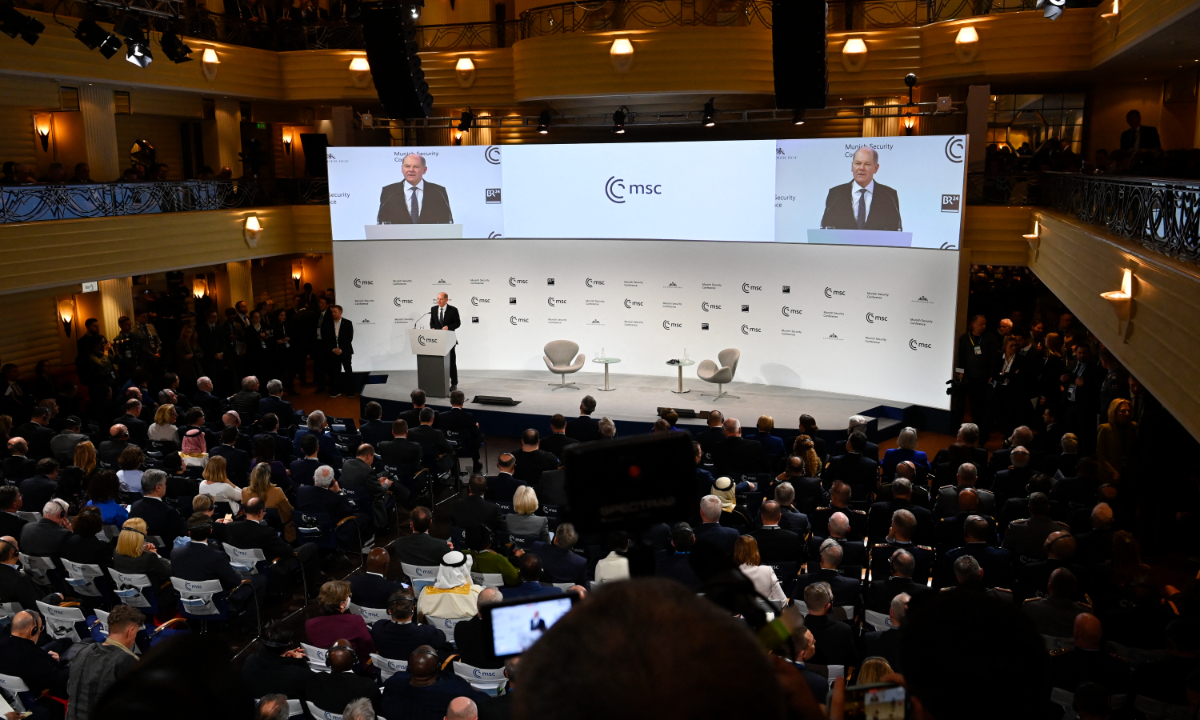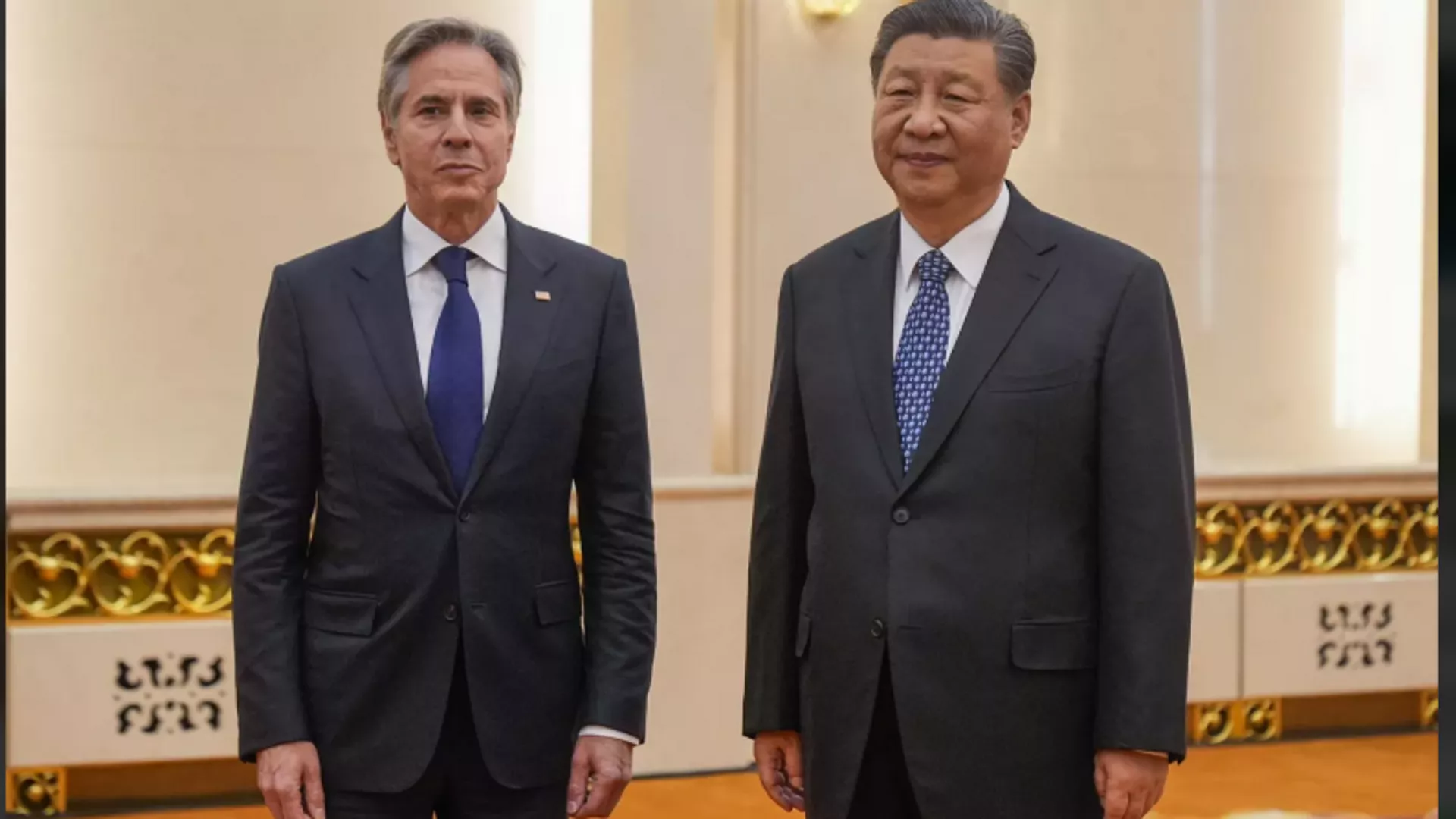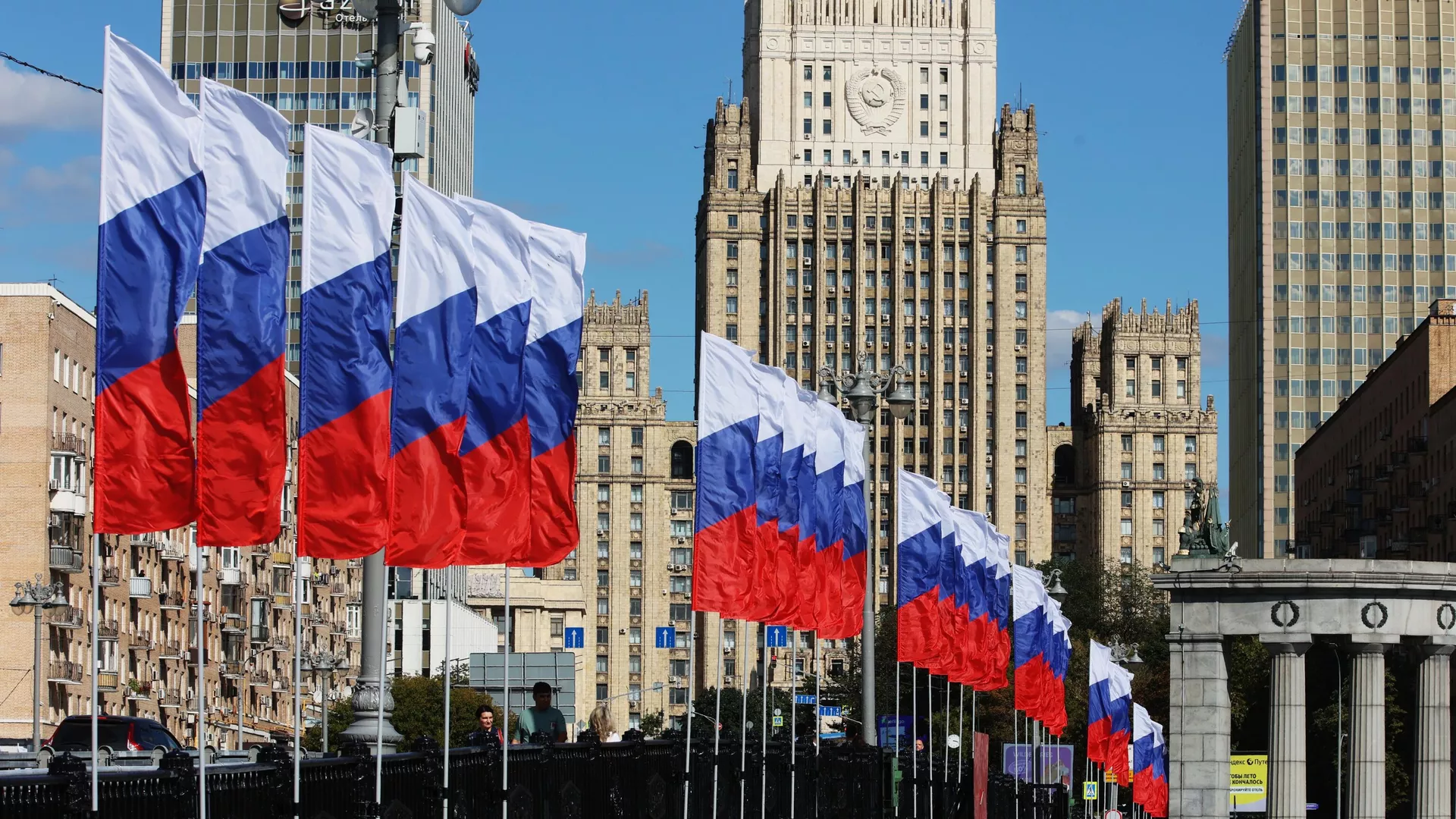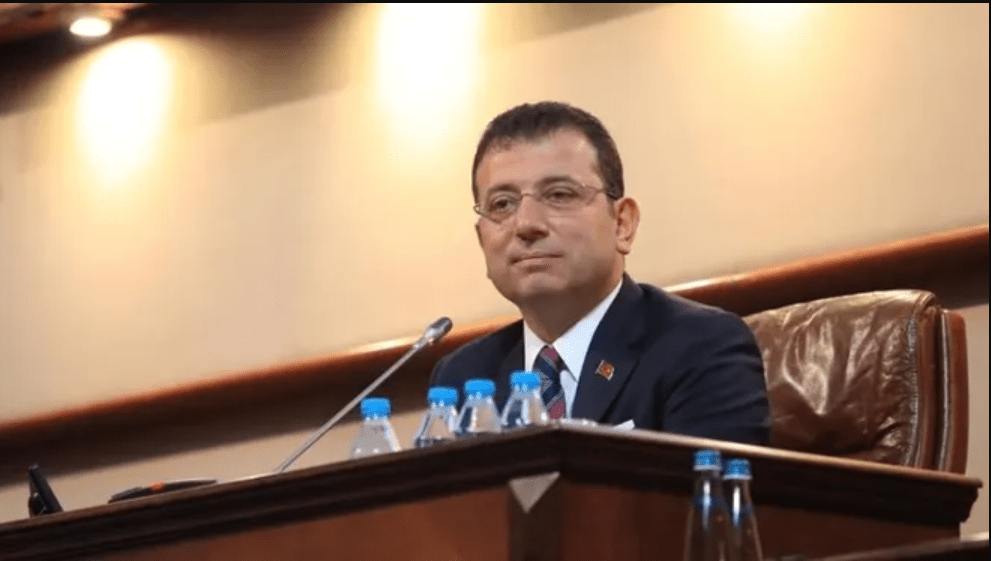The recent Munich Security Conference (MSC) gathered global leaders to discuss pressing issues, particularly the war in Ukraine. As with prior meetings, a report outlining their perspective on the world was published. However, this report raises concerns about its narrow focus and Eurocentric narrative.
The report’s core argument is that “win-win” scenarios are no longer viable, replaced by a “lose-lose” mentality where states prioritize self-preservation over mutual benefit. While acknowledging global tensions, it primarily blames “others,” particularly Russia, China, and Africa, for disrupting the established order. This approach fosters a “them vs. us” mentality, ignoring historical context and neglecting legitimate security concerns of various actors.
The proposed solutions, such as strengthening Western alliances and technological isolationism, further perpetuate this self-serving perspective. This contradicts the report’s own data, which reveals that environmental and climate concerns outweigh geopolitical issues for most surveyed populations. This highlights a disconnect between the report’s agenda and global public anxieties.
A more comprehensive approach requires acknowledging the complex realities shaping the world. Factors like poverty, climate change, and historical grievances contribute significantly to global instability. Ignoring these root causes while promoting an exclusionary “win-win” vision for a select few only exacerbates existing problems.
The report falls short in addressing the Ukrainian conflict beyond advocating for continued support and containment of Russia and China. It fails to engage with potential solutions or encourage dialogue towards a lasting peace. Instead, it presents Ukrainian public opinion as a justification for a predetermined narrative, neglecting the need for a nuanced understanding of the conflict’s complexities.
While the presence of diverse voices at the conference, particularly from Israel, offered some counterpoints, the report ultimately reflects a limited perspective. This underscores the need for broader engagement with various stakeholders, including those currently excluded from the dominant narrative.
In conclusion, the “Lose-Lose?” report provides a glimpse into the strategic thinking of a specific segment of the international community. However, its Eurocentric lens and narrow focus on self-preservation hinder the development of truly win-win solutions for a more secure and equitable world. Moving forward, critical engagement with diverse perspectives and addressing the root causes of global challenges are essential for navigating the complexities of the 21st century.
This revised text offers a more critical and balanced perspective on the report, highlighting its limitations while acknowledging its potential insights. It emphasizes the need for broader engagement and a more nuanced understanding of global challenges to achieve lasting security and prosperity.





